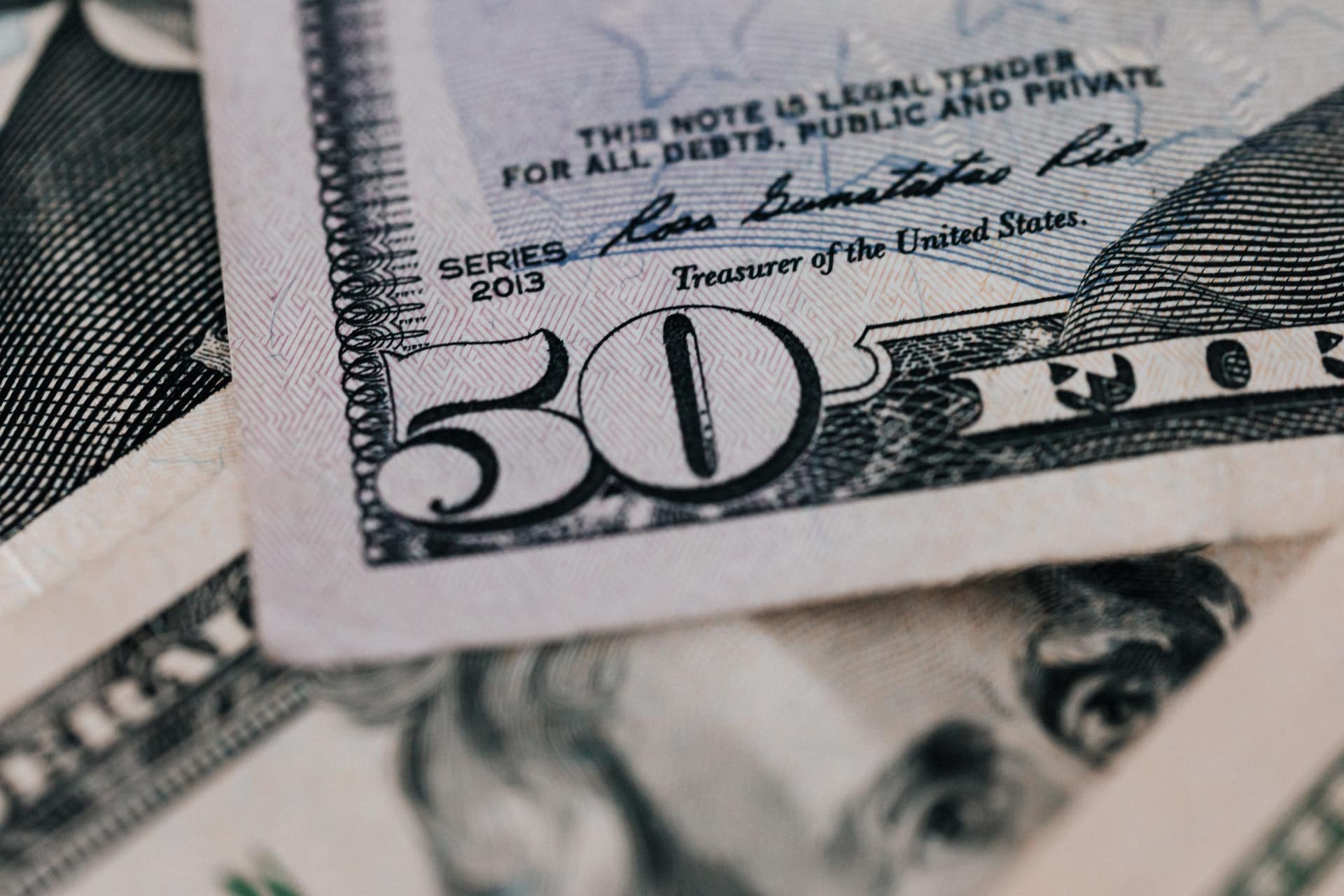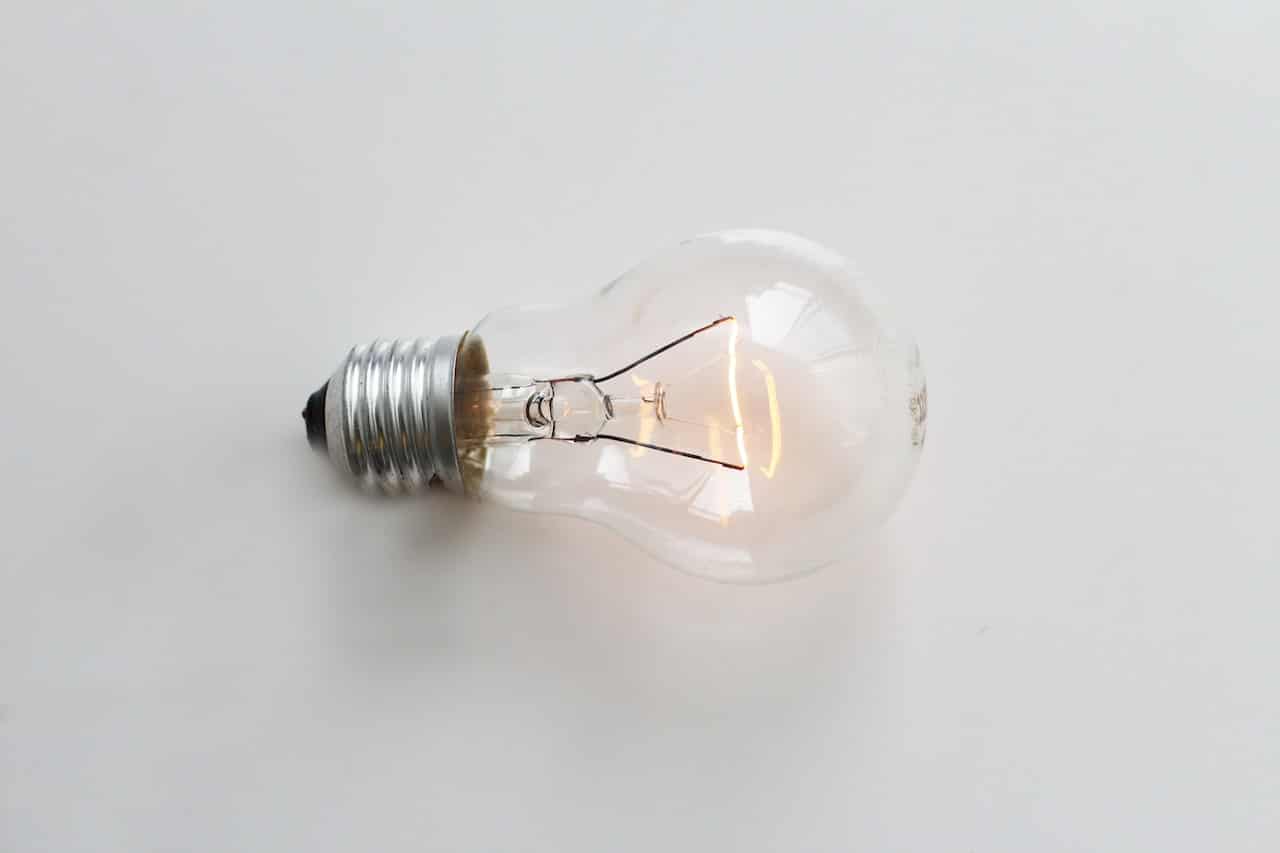A bad credit score can negatively affect your life, so it’s critical to improve it for financial success. Bad credit can directly affect your ability to rent an apartment, limit your employment opportunities, and force you to pay higher interest fees.
According to recent surveys, approximately 30% of Americans have a poor credit score.1 If you have bad credit, rest easy knowing you are not alone. In this article we’ll discuss the most important details about credit scores, how lenders use them to assess your credit situation, and the negative effects of bad credit on your day-to-day life.
How Are Credit Scores Calculated?
In the U.S., the FICO score is the most popular credit score. This scoring tool was created by the Fair Isaac Corporation to estimate a person’s creditworthiness based on five different variables. The FICO score can range from 300 to 850.
The information used to calculate these scores is usually obtained from credit reporting agencies (CRAs), also known as credit bureaus. These institutions collect consumer information to estimate an individual’s credit score.
There are several credit scoring models, but the most used by lenders is the FICO® score. Let’s look into the five variables this scoring model incorporates to determine a person’s credit score.
Credit History
A borrower’s credit history consists of all their credit accounts, along with a detailed summary of each of the installments and payments made during the lifetime of each account. This variable has the largest weight (35%) in the calculation of FICO scores. Negative items such as late payments, accounts in collection, or bankruptcy filings will negatively impact the score.
Amount Owed
The total amount of personal debt reflects not just the amount of the overall debt, but also the relative portion of that amount compared to the maximum credit limit extended by lenders. This ratio is known as the credit utilization ratio, and it indicates how much of the available credit limit the borrower is currently using. With a weight of 30%, a high utilization ratio will negatively impact the overall score.
Age of Credit History
The age of your credit history is usually determined by the average number of years that you’ve held your credit accounts. Accounts in good standing that are five years old or older will positively impact the overall score as they add up to your credit experience. For example, you could get a personal loan with a 736 credit score if a lender sees you have a long history of responsible managing your money. This particular variable is assigned with a weight of 15%.
Credit Mix
The FICO scoring model also values a person’s credit experience based on the different types of credit accounts they hold. Some of the most common accounts include mortgages, car loans, installment loans, credit cards, utility bills, and phone bills, among others. The credit mix of an individual has a weight of 10% on the overall credit score calculated through the FICO model.
New Credit Accounts
FICO analyzes any new credit applications submitted during the last 12 months by looking at credit inquiries your report has received. These inquiries are generated every time a lender requests your credit report, and the accumulation of too many inquiries too quickly will negatively impact this variable. This element affects 10% of a person’s score.
If your score is lower but you avoid applying for too many accounts, it may be possible to get a personal loan with a 690 credit score.
How Do I Know What My Credit Score Is?
You can know your credit score by obtaining a free annual credit report from the major credit bureaus (Experian, TransUnion, and Equifax) as entitled by the Fair Credit Reporting Act. Additionally, some paid services offer updated reports and credit monitoring features.
How Do Credit Scores Assess a Borrower’s Creditworthiness?
Credit scores, like FICO, are used by financial institutions to assess a borrower’s creditworthiness. They provide a general view of a person’s credit situation but aren’t the sole factor in loan decisions.
Lenders often require a minimum credit score for loan eligibility, though loans with a thin credit file are possible. Scores below 670 may lead to loan rejections due to past payment issues, while scores above 670 don’t guarantee loan approval. While credit is not the only element lenders consider when they analyze a credit application, traditional lenders usually set a minimum credit score for a person to be considered a suitable candidate for a personal loan.
But keep in mind that it’s possible to get a personal loan with a thin file credit score. In fact, having good credit doesn’t guarantee a personal loan because lenders also consider other factors, including the need for collateral, in their loan approval process.
What Are the Negative Effects of a Bad Credit Score?
The potential struggles to get approved for a line of credit with most financial institutions is not the only side effect of a bad credit score. Other aspects of your personal finances and your day-to-day living may be affected by low scores.
Higher APRs on Your Variable-Rate Loans
The agreement of variable interest rate loans may include a clause that allows the lender to increase the interest rate associated with the loan if the credit situation of the borrower deteriorates at some point during the lifetime of the financial commitment. In this sense, one of the negative effects of a 635 credit score or lower would be that borrowing costs (past and future) can be increased.
Phone Companies May Not Extend you a Contract
A bad credit score can force you to prepay your phone expenses as telecommunication companies check your credit score to decide whether you are eligible for their plans.
Higher Insurance Premiums & Higher Costs of Financing
Car and home insurance premiums may be affected by bad credit, such as a 500 credit score. Even though the risk of a crash is not at all associated with a person’s credit situation, insurance companies have linked low credit scores with a higher frequency of claims. Therefore, individuals with bad credit must usually pay higher premiums and settle for high-cost funding options, such as bad credit loans and payday loans.
Finding a Place to Rent May be More Expensive
Renting an apartment involves a commitment with a landlord to pay rent on time. Most people who offer properties for rent will look through your most recent credit report. If you have bad credit, the rent may be increased due to the additional risk.
Employment Opportunities May Be Affected by Bad Credit
Employers get limited access to credit reports. Credit agencies usually provide a customized product for employers. These tailored reports usually contain personal information (granted with the employee’s consent), along with details of publicly available credit information, such as bankruptcy filings and judgments. Some employers have policies that screen out applicants who are going through these proceedings, and, therefore, bad credit can affect a person’s employment opportunities.
Low-Limit Credit Lines
Some traditional lenders may be willing to extend lines of credit to individuals with low scores. However, considering the risk associated with those loans, lenders usually limit the amount of the loan to a maximum of a few thousand dollars. Because of this, a bad credit score can affect the credit limit of new credit accounts.
Is It Possible to Increase Your Credit Score?
Credit scores can be modified over time, depending on how the borrower’s situation evolves. Typically, credit reporting agencies incorporate new items, changes, and modifications to credit accounts a few weeks after they have occurred. The overall impact of these changes will depend on how each one modifies the corresponding variables mentioned above. The variables with the most weight will have the most impact, specifically an individual’s payment history and the total amount owed.
Some short-term favorable moves you can make to improve your credit score are:
- Lower your credit utilization ratio by paying off some of your current debt.
- Stop applying for new credit cards.
- Become an authorized user of a credit card.
- Don’t close old credit cards.
- Ask the credit bureaus to incorporate some non-traditional credit accounts, such as your rent payments or utility bills..
How To Get Higher Credit Scores
The best way to build up a solid 780 credit score or higher is to consistently maintain healthy financial habits, which will produce good results over the long term. Some of these habits include:
| Habit | Description | Impact on Credit Score |
| On-time Payments | Consistently pay bills and debts by their due date. | Directly improves payment history, a major factor in credit score calculation. |
| Credit Utilization | Keep credit card balances low, ideally below 30% of your credit limit. | Lowers credit utilization ratio, positively affecting credit score. |
| Credit Mix | Have a mix of credit types (e.g., credit cards, loans). | Demonstrates credit management skills across different credit types. |
| New Credit | Apply for new credit sparingly to avoid too many hard inquiries. | Reduces the number of hard inquiries, which can temporarily lower credit score. |
| Regular Credit Report Checks | Regularly review your credit report for errors or fraud. | Ensures accuracy of credit history, allowing for timely dispute of inaccuracies. |
| Secured Credit Cards | Use secured credit cards responsibly if starting to build credit. | Helps establish a positive payment history, especially for those with no prior credit. |
FAQs About Bad Credit
Late payments can significantly lower your credit score. Payment history is a key factor in your FICO score calculation, and consistent late or missed payments can lead to a poor credit rating.
Yes, a low credit score can impact your chances of getting a car loan. Lenders often view a lower credit score as a higher risk, which might lead to loan rejections or higher interest rates.
Improving your credit score starts with rebuilding your payment history. Begin by making consistent, on-time payments, reducing outstanding debts, and possibly using a secured credit card responsibly to demonstrate creditworthiness.
A good credit score generally means your score is in a range that’s acceptable to most lenders, but a higher credit score can offer more benefits, like lower interest rates and better loan terms.
Negative information, such as late or missed payments, can stay on your credit report for up to seven years, impacting your credit score during that time.
Yes, it’s possible to get a loan with a poor credit score, but the options may be limited. You might face higher interest rates or may need to consider secured loans or co-signers.
Regularly checking your credit report is crucial for maintaining a good credit score. It helps you track your credit history, correct any inaccuracies, and understand factors affecting your score.
A Word From CreditNinja if You Have a Bad Credit Score
As we previously discussed, bad credit scores negatively affect your borrowing capacity, the costs associated with personal loans, and even your ability to rent a home. Nevertheless, it’s possible for you to get a personal loan for tractor financing, car repairs, or unexpected medical bills.
CreditNinja offers personal loans designed to suit unique financial needs. Our personal installment loans are meant to help people who are temporarily struggling with difficult credit situations and need financial relief. Apply online today to see if you qualify!
References:






